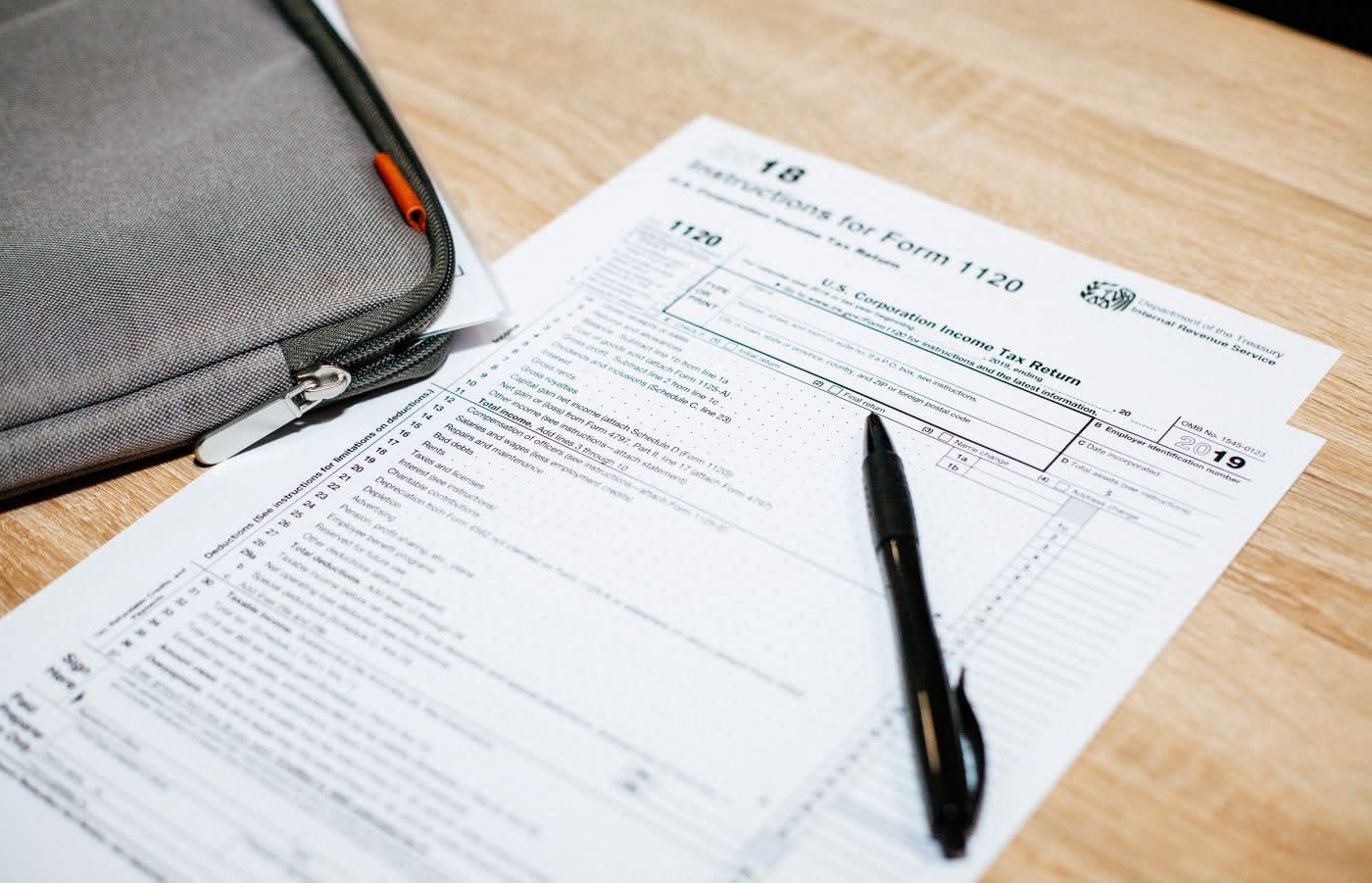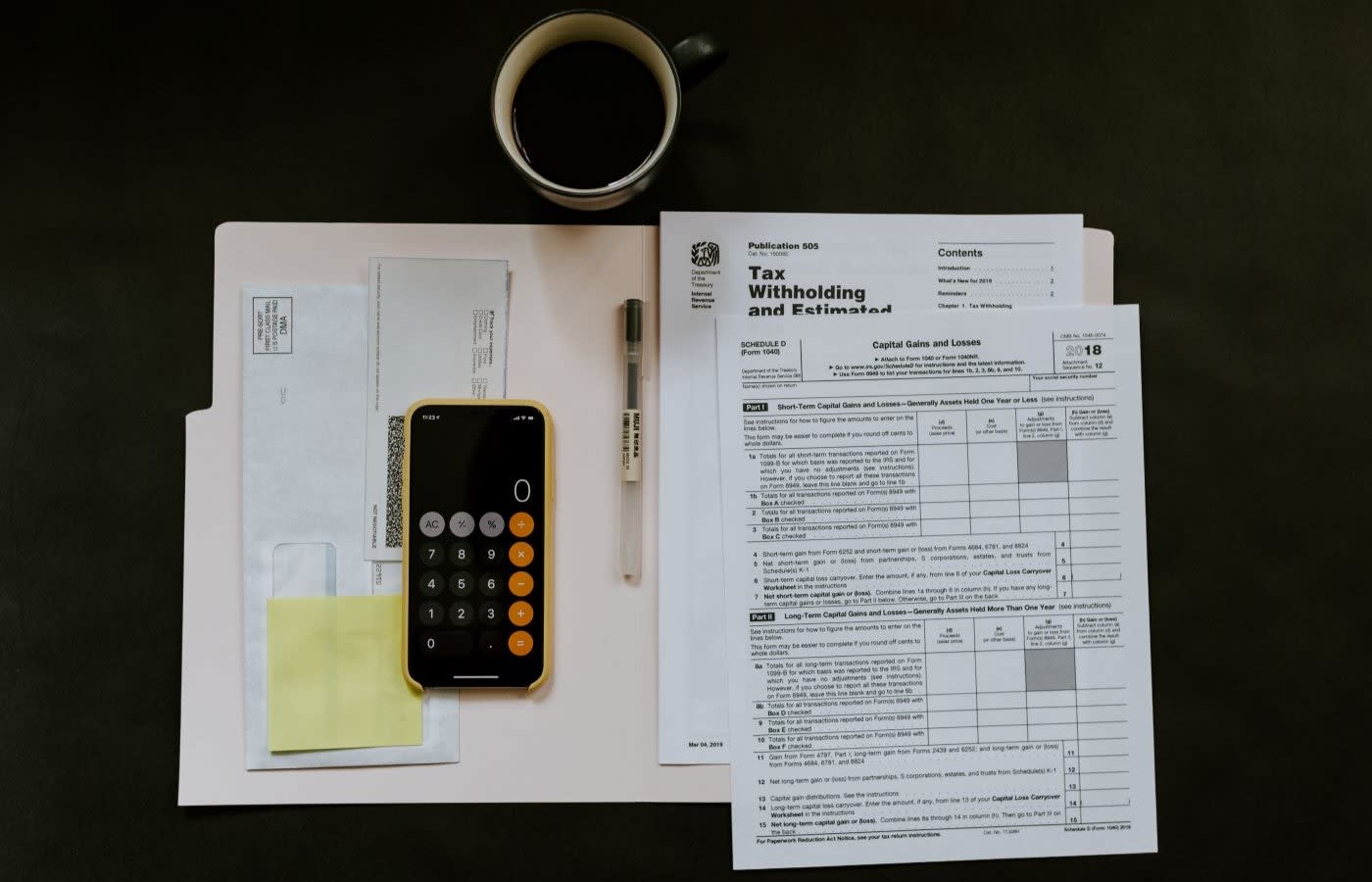Independent contractor taxes guide in NY state
Are you an independent contractor living in New York? Here’s everything you need to know to fulfill all the state obligations.

An independent contractor is an individual who files taxes as though he or she is a business. This person is responsible for paying federal, state, and local income tax, as well as paying into Medicare and Social Security (FICA).
As such, an independent contractor is not really an employee at all.
Per the Internal Revenue Service: “The earnings of a person who is working as an independent contractor are subject to Self-Employment Tax.
If you are an independent contractor, you are self-employed.”
There are certain situations in which a person is not considered to be a true independent contractor, such as a W-9 tax situation. This is when a person has responsibilities similar to an employee’s (such as primarily working for a single employer and being unable to make as many work-related deductions) without having taxes withdrawn like a regular W-2 employee.
Below are some of the conditions in which a person can be considered an employee rather than an independent contractor, again per the IRS:
- Behavioral: Does the company control or have the right to control what the worker does and how the worker does his/her job?
- Financial: Does the payer control the business aspects of the worker’s job? (Including how the payer pays the worker, whether the payer reimburses the worker’s expenses, who provides the tools/supplies, etc.)
- Type of Relationship: Are there written contracts or employee-type benefits (i.e. pension plan, insurance, vacation pay, etc.)? Will the relationship continue and is the performed work a key aspect of the business?
People who are true 1099 contractors are subject to independent contractor taxes, which tend to be a bit higher than regular W-2 taxes.
Typically 30-35%, depending on the tax bracket.
The number of work-related deductions that a 1099 contractor can make somewhat offsets this higher tax rate.

Independent contractor taxes in New York state
The state of New York has some of the most stringent tax laws in the country. It’s incumbent on all taxpayers earning money to know their specific tax liability.

As explained above, an independent contractor will need to pay FICA (Medicare/Social Security), federal, and state taxes based on their total taxable income.
All of these figures will largely vary based on what a person makes in a given year, as well as her or his filing status.
Below is New York State’s income bracket breakdown for 2018, for single filers with no dependents:
- $0.00+ 4%
- $8,500.00+ 4.5%
- $11,700.00+ 5.25%
- $13,900.00+ 5.9%
- $21,400.00+ 6.33%
- $80,650.00+ 6.57%
- $215,400.00+ 6.85%
- $1,077,550.00+ 8.82%
An independent contractor who made a gross amount of $65,000 for the 2018 tax year would be liable for a state income tax rate of 6.33%. This figure would be in addition to their federal tax rate, as well as Medicare/Social Security.
Updated federal tax brackets
Meanwhile, the new federal tax brackets have been rewritten for 2018.
Here is a breakdown of what taxpayers can expect to owe to the federal government:
- 10% ($0 to $9,525) – 10% of taxable income
- 12% ($9,526 to $38,700) – $952.50, plus 12% of the amount over $9,525
- 22% ($38,701 to $82,500) – $4,453.50, plus 22% of the amount over $38,700
- 24% ($82,501 to $157,500) – $14,089.50, plus 24% of the amount over $82,500
- 32% ($157,501 to $200,000) – $32,089.50, plus 32% of the amount over $157,500
- 35% ($200,001 to $500,000) – $45,689.50, plus 35% of the amount over $200,000
- 37% ($500,001 or more) – $150,689.50, plus 37% of the amount over $500,000
Continuing with the example of the independent contractor making a gross amount of $65,000, this individual would have a tax liability of 22%.
That is, in addition to New York State’s 6.33% figure. The specific amount the individual in question would owe in federal taxes would be ($4,453.50 + $5,786 = $10,239.50), plus another $4,114.50 in state taxes. This comes out to a total of $14,354.

Another key difference between an independent contractor and a regular W-2 employee is that the employer ordinarily pays half of an employee’s 15.3% FICA taxes. This is otherwise known as ‘self-employment tax’.
In the case of an independent contractor, the individual would be responsible for this full amount.
Added all up, anyone living in New York working on a 1099 form should put aside at least one-third of their gross earnings for a given tax year to settle debts with the federal and state governments.
Special note to New York City residents
In addition to the regular taxes that those living across the five Burroughs pay, they will also be liable for an additional rate ranging between 3.078% and 3.876%.
Residents calculating their independent contractor taxes should take this into account when putting aside money for taxes.
Tax deductions for 1099 contractors
The good news about being a 1099 contractor is that independent contractors can usually write off a significant amount of work-related expenses.
In many cases, this offsets the higher tax rates they are often subject to. These deductions are considered to be business expenses.
One example of a business expense would be the cost to create and run a company website. Setting up a home office is another.
Other typical deductions include:
- Home office expenses, including a portion of rent and utilities
- Travel and lodging expenses, including meals, rental cars, and hotels
- Vehicle mileage, maintenance, and depreciation deductions
- Costs tied to starting up a business
- Advertising and signage
One last tip is to keep excellent records and all receipts. This is to help you stay organized, but mainly it’s crucial in the event of an audit. Some independent contractors may need to prove that their business expenses are legitimate, and not frivolous.
Following these suggestions will ensure that an individual will not pay any more independent contractor taxes than absolutely necessary.
Plus, they will maximize their return or minimize their tax liability by using all available deductions.
Independent contractors looking to move in or out of New York City should consider long or short-term apartment rentals.
There are some short-term options if you’re time is limited.
Anyone planning to move to the city for an extended business trip or the foreseeable future can feel at home right away by renting from Blueground. Every apartment comes fully-furnished, equipped and serviced.
Therefore, you can just focus on getting work done or exploring the city in between meetings. Blueground’s turnkey apartments provide a home away from home and the flexible lease terms allow guests to move through various neighborhoods until they find the ideal area.
Also, one can check out some of the best neighborhoods in the city, and see which offers the best fit.








